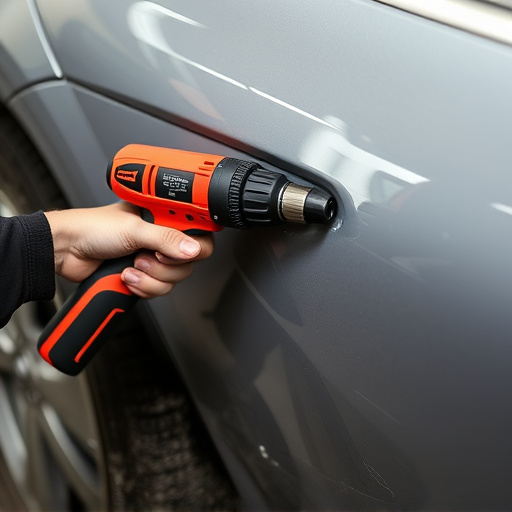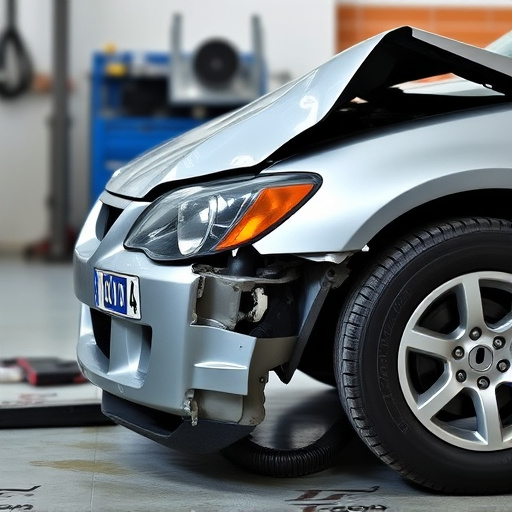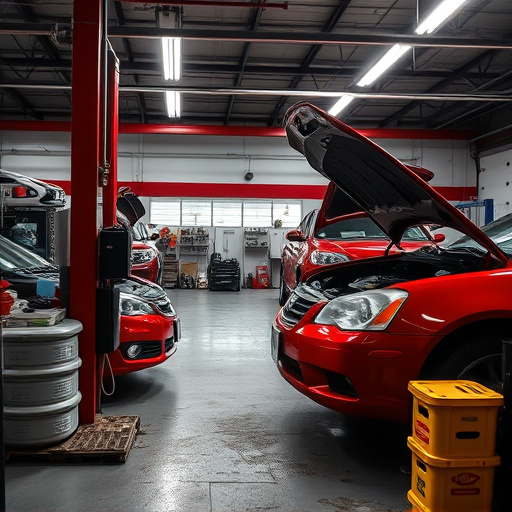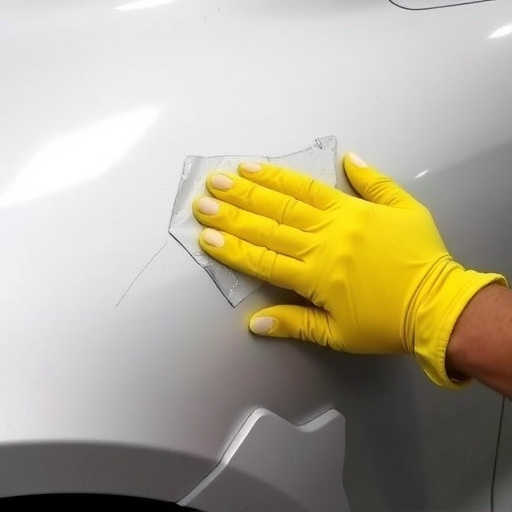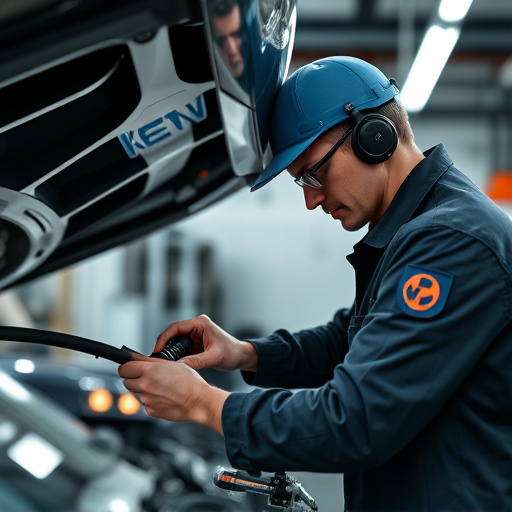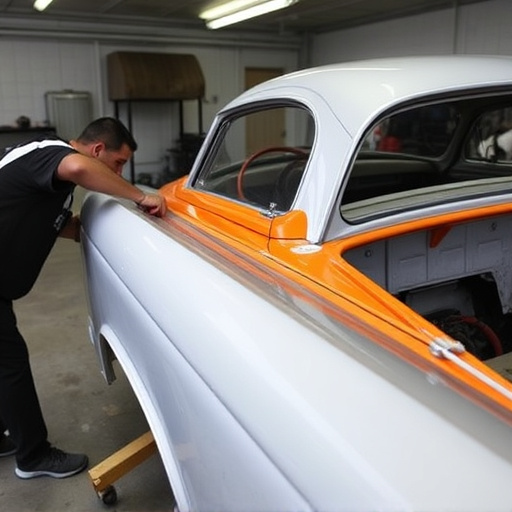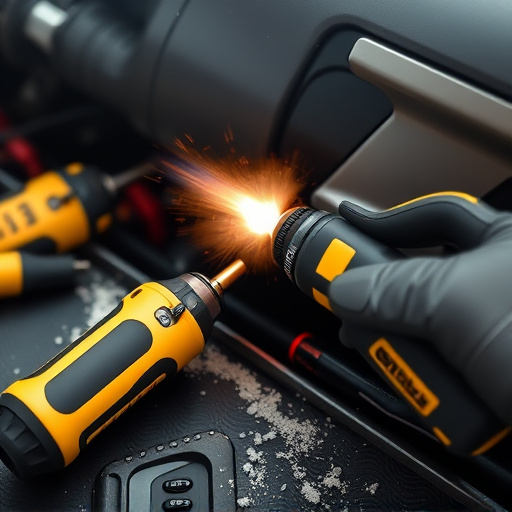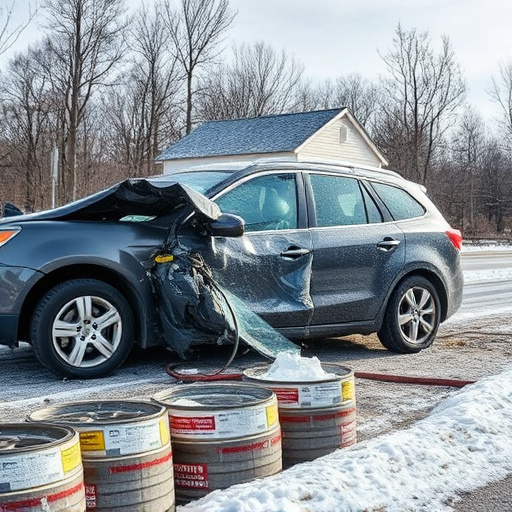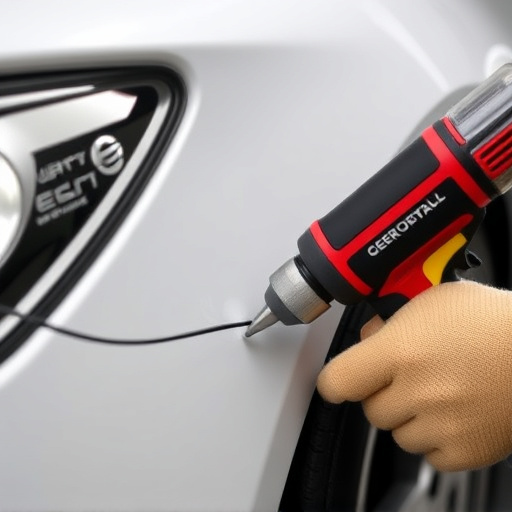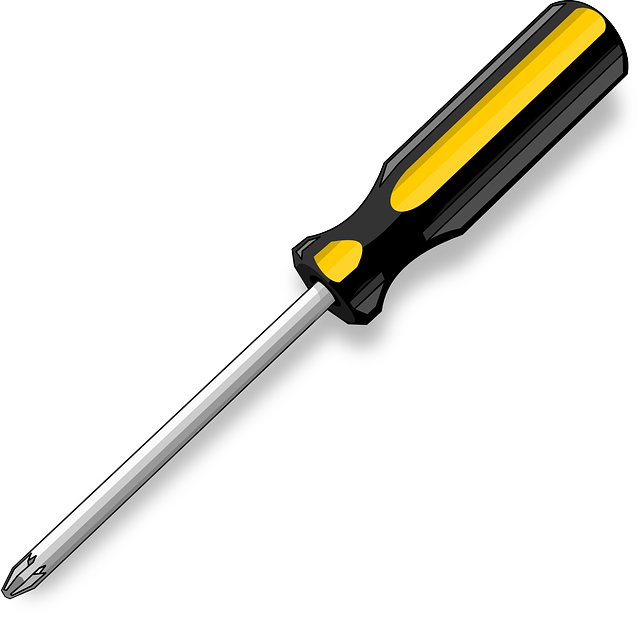Power steering collision repair is vital for maintaining vehicle safety and performance after accidents. Advanced sensors play a key role by providing precise data on critical parameters, enabling faster and more accurate repairs compared to traditional methods. Their real-time information allows collision repair shops to optimize power steering systems, reduce downtime, and enhance customer satisfaction in a competitive automotive industry. Promptly addressing sensor malfunctions is crucial to prevent inaccurate diagnostics and potential safety risks associated with faulty power steering.
In the realm of automotive collision repair, power steering systems have become integral for safe and efficient vehicle handling. These complex mechanisms rely on a network of sensors to monitor and regulate steering assistance. This article explores the critical role of sensors in power steering collision repair, delving into their functionality and the significant impact of sensor malfunction. We also examine how advanced sensors are revolutionizing repair processes, ensuring precision and safety in today’s digital era of automotive restoration.
- Understanding Power Steering Systems and Their Sensors
- The Impact of Sensor Malfunction in Collision Repair
- How Advanced Sensors Are Revolutionizing Power Steering Collision Repair Processes
Understanding Power Steering Systems and Their Sensors

Power steering systems are a critical component of modern vehicles, enhancing driver comfort and control by assisting with steering inputs. These systems rely on a network of sensors to accurately monitor various parameters like vehicle speed, steering angle, and engine RPMs. Central to this network are sensors that detect rotational motion and signal the power steering pump to provide the necessary assistance. For instance, the steering angle sensor measures the driver’s steering wheel position, allowing the system to respond appropriately during turns.
Understanding these sensory mechanisms is crucial in the context of power steering collision repair. When a vehicle undergoes a collision, sensors may be damaged or malfunction, leading to steering issues. Vehicle body shops specializing in car body repair and car paint services play a vital role here, as they not only fix structural damage but also calibrate and replace faulty sensors to ensure the power steering system functions optimally. This meticulous process involves diagnosing sensor malfunctions using specialized tools and, if needed, installing replacement parts to bring the vehicle back to its pre-accident condition, enhancing safety and driving dynamics in the process.
The Impact of Sensor Malfunction in Collision Repair

In the realm of power steering collision repair, sensor malfunction can significantly impact the outcome and safety of the process. Sensors play a pivotal role in modern vehicles, acting as the eyes and ears of advanced automotive systems. When these sensors fail during an auto dent repair or at a collision center, it can lead to inaccurate readings and misdiagnoses, affecting the entire restoration process. This is particularly critical for power steering systems, where sensor malfunctions may cause improper fluid flow control, resulting in handling issues and even potential accidents.
The impact extends beyond mere technical difficulties. In a bustling collision repair environment, malfunctioning sensors can delay repairs, increase costs, and frustrate customers. Moreover, incorrect sensor data might lead to inadequate or excessive adjustments during the steering column replacement process, compromising the vehicle’s overall performance and safety. Therefore, understanding and addressing sensor issues promptly is crucial for ensuring the quality and reliability of power steering collision repair services.
How Advanced Sensors Are Revolutionizing Power Steering Collision Repair Processes

In the realm of automotive collision repair, advanced sensors are playing a pivotal role in revolutionizing power steering collision repair processes. These sophisticated devices, integrated into modern vehicles, offer precision and efficiency unparalleled by traditional methods. By providing real-time data on various parameters, such as fluid pressure, motor torque, and sensorical feedback from the steering system, these sensors enable auto body shops to conduct more accurate assessments and repairs. This level of detail is crucial for ensuring that power steering systems function optimally after a collision, enhancing safety and performance.
Furthermore, the data collected by advanced sensors facilitates predictive maintenance in power steering collision repair. By identifying potential issues before they escalate, collision repair centers can streamline their operations and reduce turnaround times. This not only benefits customers by minimizing downtime on their vehicles but also contributes to the overall efficiency of auto body shops. In today’s competitive market, adopting these innovative technologies is a game-changer for any reputable collision repair center.
Advanced sensors play a pivotal role in modern power steering systems, ensuring precise and efficient vehicle control. In the context of collision repair, these sensors are invaluable for accurate diagnostics and effective repairs. When malfunctioned, they can lead to significant safety issues and costly repairs. However, with ongoing technological advancements, sensors are now revolutionizing power steering collision repair processes, enabling faster, more precise, and cost-effective solutions. This shift leverages advanced sensor technologies to enhance vehicle performance and safety, ultimately benefiting both repair shops and drivers in the realm of power steering collision repair.

